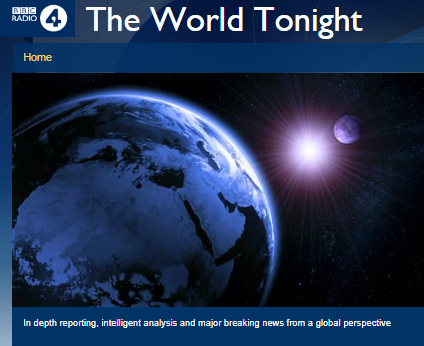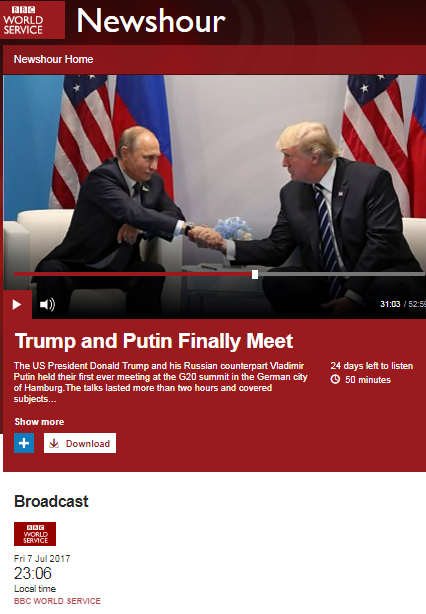A report by the BBC Jerusalem Bureau’s Yolande Knell entitled “Palestinian split: Views from Hamas and Fatah, six years on” appeared in the ‘Features & Analysis’ section of the Middle East page of the BBC News website on June 17th 2013.
Notably, the article shows a marked improvement on the subject of accurate reporting of the countries which designate Hamas as a terrorist organization, although it still omits those which designate its so-called ‘military wing’ alone.
“Hamas is listed as a terrorist organisation by Israel, the United States, the European Union, Canada and Japan.”
Knell’s report is comprised of two monologues – one from a Fatah member living in Gaza and the other from a Hamas member living in the PA-controlled areas. Both men were elected as representatives of their respective factions to the Palestinian Legislative Council in the elections of 2006. According to Palestinian Basic Law, their mandate expired after four years, so with new elections not having taken place as yet, it is debatable whether or not they can be accurately presented as “elected PLC member[s]”.
In the first monologue the Knell appears to have attempted to provide some context (in brackets) for her readers:
“I consider what happened six years ago, ending on 14 June 2007, as the second Nakba (Catastrophe) for the Palestinians [after the first in 1948 when hundreds of thousands fled or were displaced from their homes with the war that followed Israel’s declaration of independence].”
However, she does not make it clear that “the war that followed Israel’s declaration of independence” was initiated by Arab and Palestinian forces.
Knell’s second interviewee, Anwar Zaboun, states:
“At the time of the split I was in the [Israeli] jail because just a few months after the 2006 elections dozens of PLC members and ministers were arrested here in the West Bank.”
No context is offered concerning the fact that Zaboun was in fact detained due to his membership of a terrorist organization or that the arrests followed the kidnapping of Israeli soldier Gilad Shalit on the Israeli side of the border with the Gaza Strip.
Neither is any mention made of the fact that Zaboun has headed the ‘charity’ Al Islah in Bethlehem for many years – an organization known to both Israel and the Palestinian Authority due to its history of channelling funding to Hamas’ terrorist-supporting infrastructure from abroad.
And yet, the BBC provides Zaboun with a platform from which to sanitize the activities of his terrorist organization and present himself as a beleaguered parliamentarian:
“Six years after the split they [Israel and the Palestinian security services] are still arresting people. We have our homes and cars searched. There is no immunity.”
“I want citizens in the West Bank to feel safe. How can they when there are political prisoners? I need to give people guarantees that they will not be arrested however they vote.”
The BBC contributes nothing to its audiences’ “global understanding of international issues” by promoting soft portraits of supporters and enablers of terrorism.





